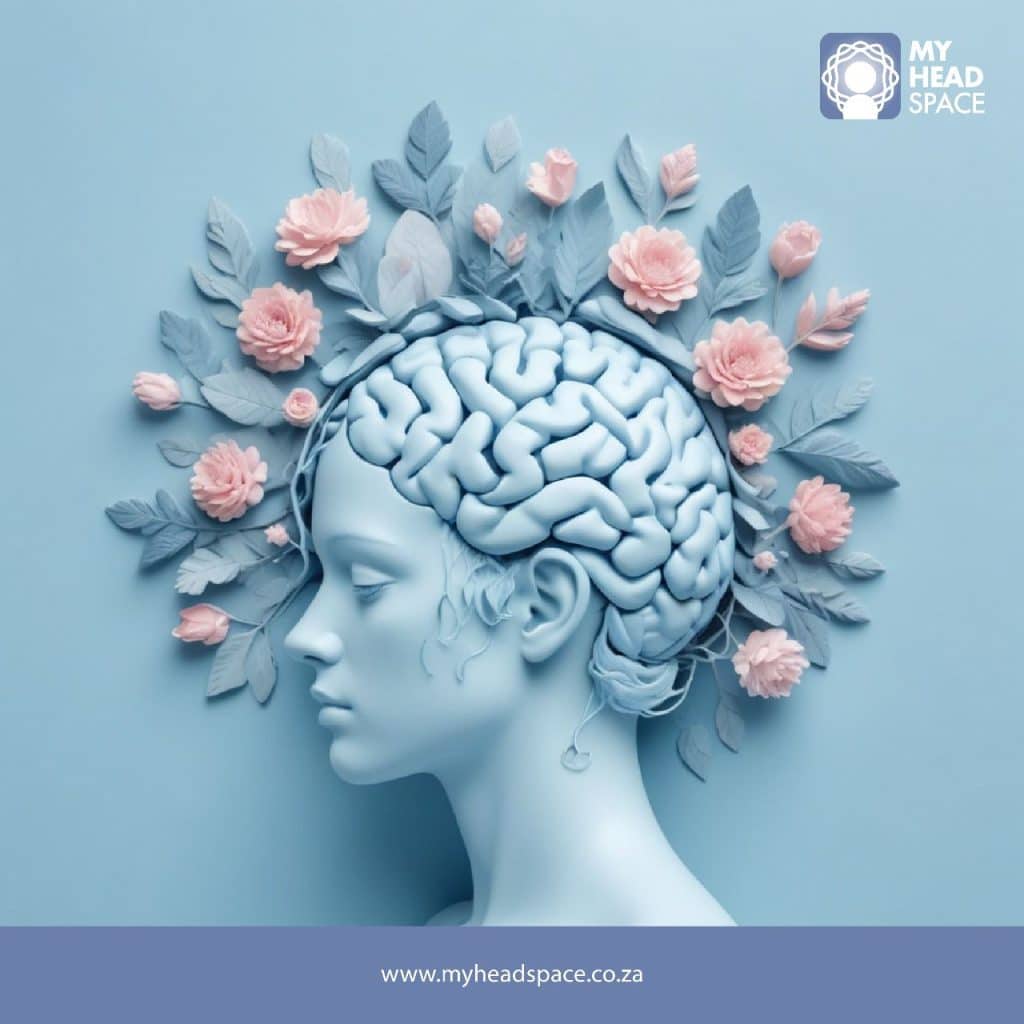
Anxiety Disorder Therapy
Anxiety Disorder Therapy
Therapy for anxiety disorders is essential for regaining control over your fears and worries. It offers a safe space to explore your feelings and thoughts, helping you identify coping strategies tailored to your needs. Effective therapeutic approaches, like Cognitive Behavioral Therapy and Exposure Therapy, can challenge negative patterns and gradually confront your fears. Lifestyle changes, such as regular exercise and mindfulness, can also enhance your mental well-being. Discover more about how to take charge of your anxiety and improve your life.
Understanding Anxiety Disorders
Understanding anxiety disorders can be overwhelming, especially when you consider the wide range of symptoms and types. You might experience persistent worry, tension, or even sudden panic attacks that leave you feeling trapped. Conditions like generalized anxiety disorder, panic disorder, social anxiety disorder, and specific phobias all manifest differently, making recognition essential.
By identifying your specific symptoms, you can better understand what you’re facing and seek appropriate help. It’s important to remember that each disorder has unique characteristics, so awareness is key. Early intervention can greatly improve your quality of life, allowing you to regain control. Don’t hesitate to explore these symptoms and reflect on your experiences—it’s the first step toward finding the right support and treatment.
The Role of Therapy in Managing Anxiety
When you’re grappling with anxiety, therapy plays a crucial role in helping you regain control and improve your overall well-being. It provides a safe space to explore your emotions, thoughts, and behaviors, helping you understand the roots of your anxiety.
Through therapy, you can learn coping strategies and practical tools tailored to your unique needs. You’ll also gain insight into how to challenge negative thought patterns that fuel anxiety. Therapy fosters self-discovery and resilience, empowering you to face fears and uncertainties.
By committing to this process, you take meaningful steps toward managing anxiety and creating a more fulfilling, balanced life. Remember, seeking help is a sign of strength, not weakness.
Effective Therapeutic Approaches
Effective therapeutic approaches for anxiety disorders can significantly improve your ability to manage symptoms. Some of the most widely used and evidence-based methods include:
-
Cognitive Behavioral Therapy (CBT) – Helps you identify and reframe negative thought patterns.
-
Exposure Therapy – Gradually exposes you to anxiety-inducing situations to desensitize your fear response.
-
Acceptance and Commitment Therapy (ACT) – Encourages mindfulness and acceptance strategies for dealing with distressing thoughts.
In some cases, medication such as SSRIs or benzodiazepines may be recommended to help manage symptoms alongside therapy. Combining these approaches often yields the best results, helping you build coping skills, strengthen emotional resilience, and feel more confident in your mental health journey.
Lifestyle Changes to Support Mental Health
Making intentional lifestyle changes can greatly support your therapy efforts and improve your mental well-being. Consider the following adjustments:
-
Regular physical activity – Exercise boosts mood-regulating chemicals like serotonin.
-
Balanced diet – Nutrition affects brain function; prioritize whole foods, fruits, and vegetables.
-
Sleep hygiene – A consistent sleep schedule improves emotional regulation.
-
Mindfulness techniques – Meditation, yoga, and deep breathing help reduce stress and increase focus.
-
Reduce stimulants – Limit caffeine and alcohol, which can worsen anxiety symptoms.
These habits not only support your therapy outcomes but also contribute to long-term emotional balance.
Finding Help and Support for Anxiety Disorders
Getting help for anxiety disorders is a crucial step toward healing. Here’s how you can start:
-
Reach out to a mental health professional – A therapist or psychologist can help you explore treatment options like CBT or Exposure Therapy.
-
Consider medication – If recommended, medication can help reduce symptoms while therapy works on root causes.
-
Join support groups – Sharing your journey with others can foster connection and reduce isolation.
-
Build a support system – Rely on trusted friends or family to provide encouragement and understanding.
Early intervention makes a real difference. The sooner you take action, the more empowered you’ll feel in managing anxiety and reclaiming your peace of mind.
How Long Does Therapy for Anxiety Disorders Typically Take?
The duration of therapy depends on your individual needs. It can range from several weeks to a year or more. Progress is often seen within 8–12 sessions, especially with structured approaches like CBT.
Can Anxiety Disorders Be Completely Cured?
While anxiety disorders may not be permanently “cured,” they are highly manageable. With the right therapy, support, and lifestyle changes, you can significantly reduce symptoms and lead a fulfilling life.
Are There Any Side Effects of Anxiety Medication?
Yes, side effects are possible. Common ones include drowsiness, nausea, or changes in appetite. Always consult with your healthcare provider to find the medication that works best for you with minimal side effects.
How Can I Support a Friend With Anxiety?
Be there to listen without judgment, offer reassurance, and encourage professional help. Suggest calming activities and check in regularly to show your support.
What Should I Expect During My First Therapy Session?
Expect a warm, supportive environment. Your therapist will ask about your symptoms, background, and goals. It’s a time to build rapport and begin shaping a treatment plan.
In conclusion, managing anxiety disorders requires a combination of understanding, therapeutic support, and healthy lifestyle choices. Therapy offers effective tools to help you challenge fears, reshape negative thoughts, and build emotional resilience. By making small but impactful changes to your daily life and seeking timely help, you can transform your relationship with anxiety.
You are not alone, and support is always within reach. Taking the first step toward therapy is a powerful move toward a more peaceful and fulfilling future.
